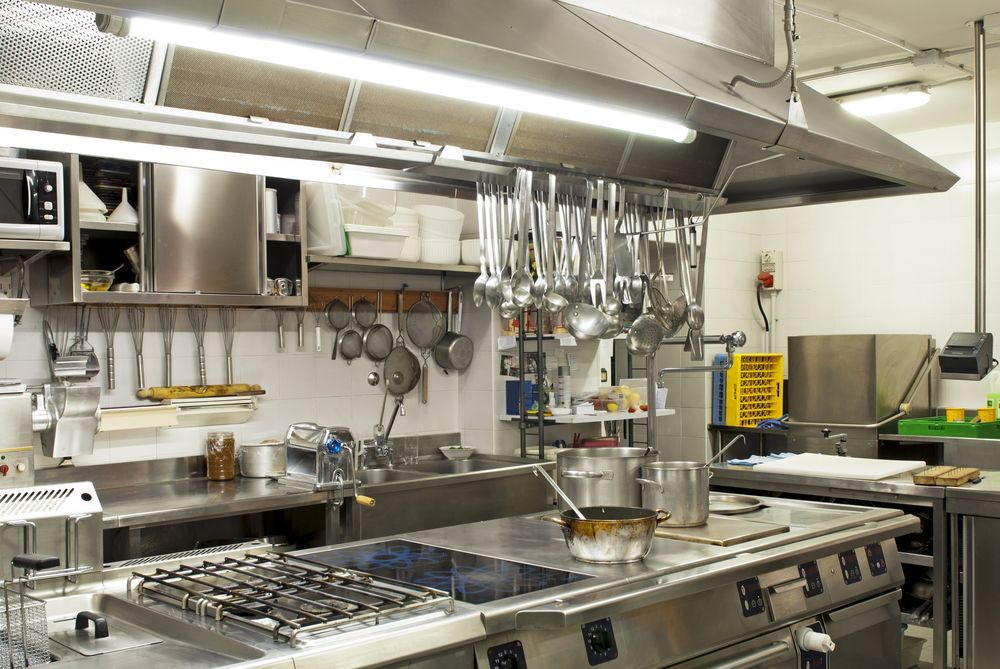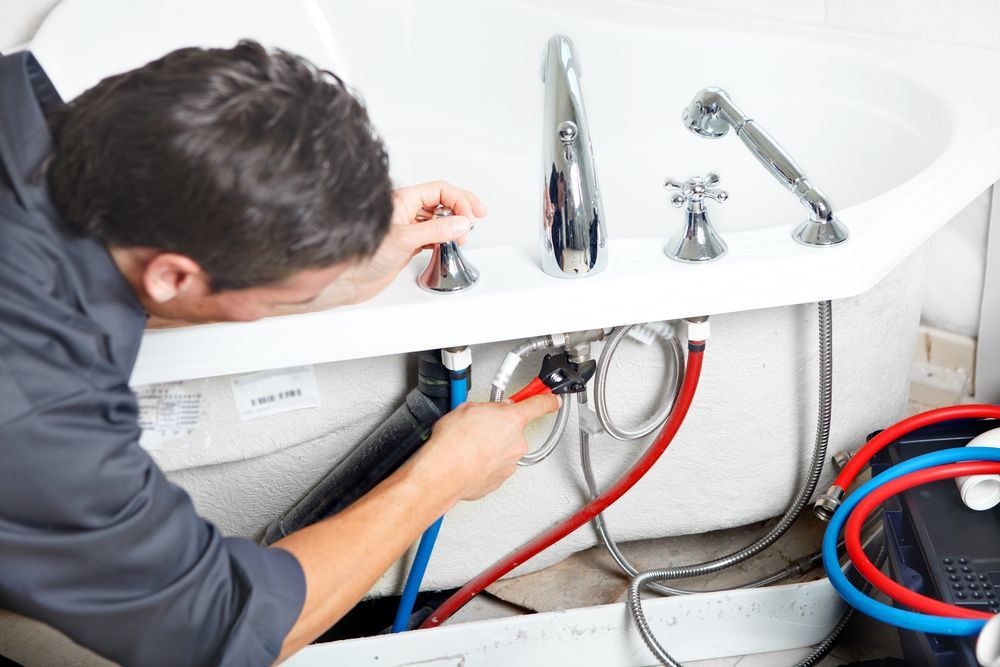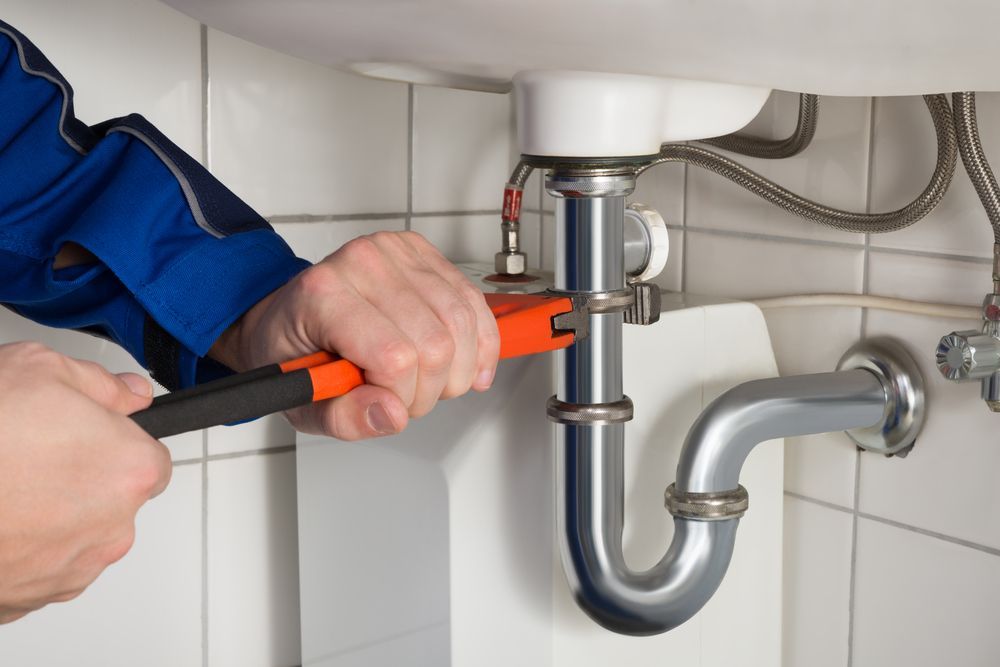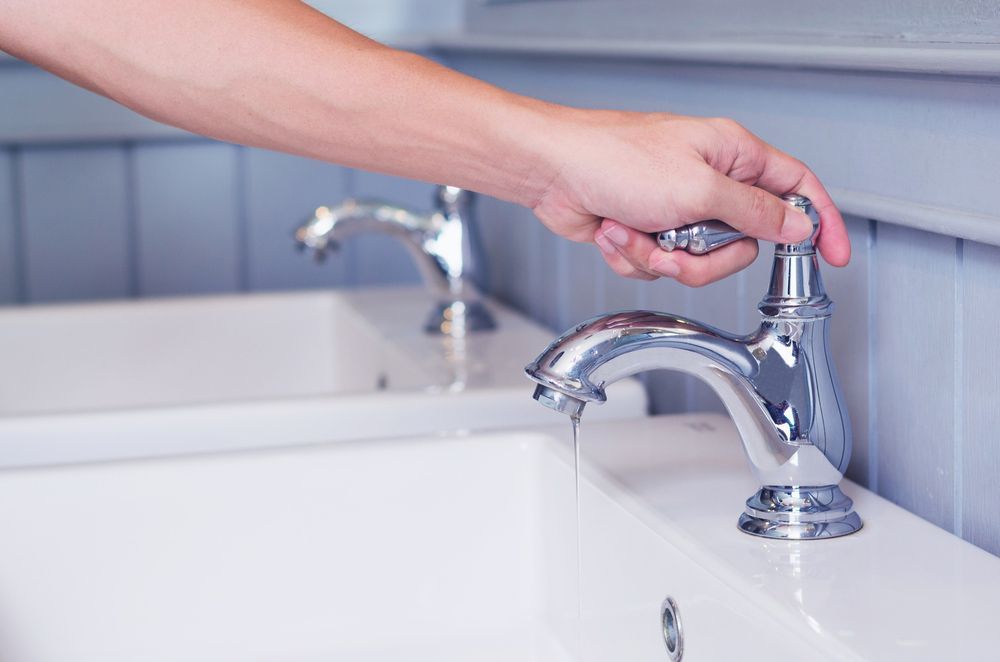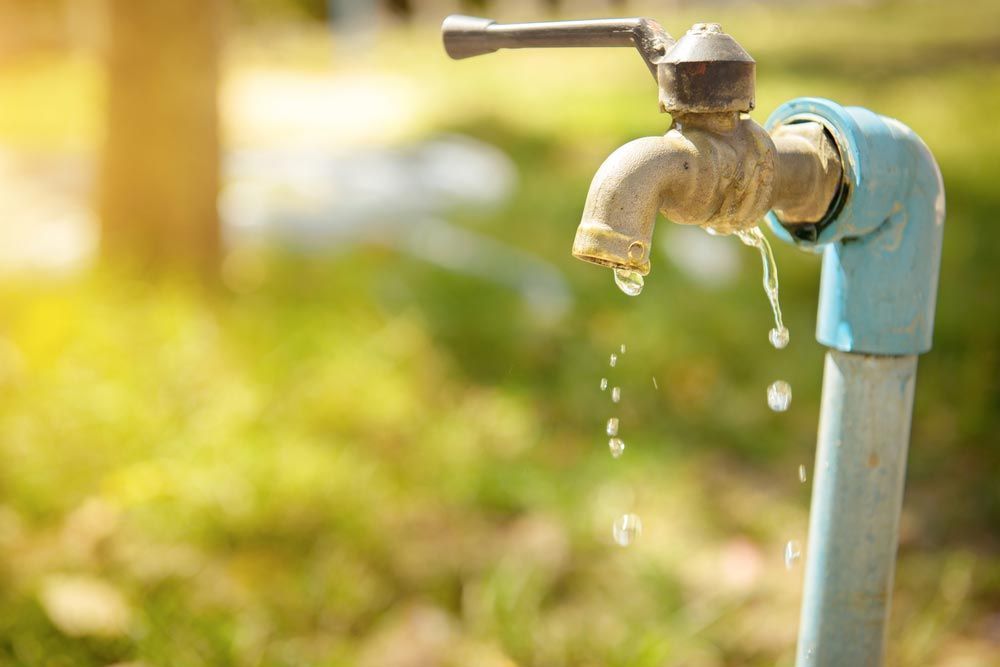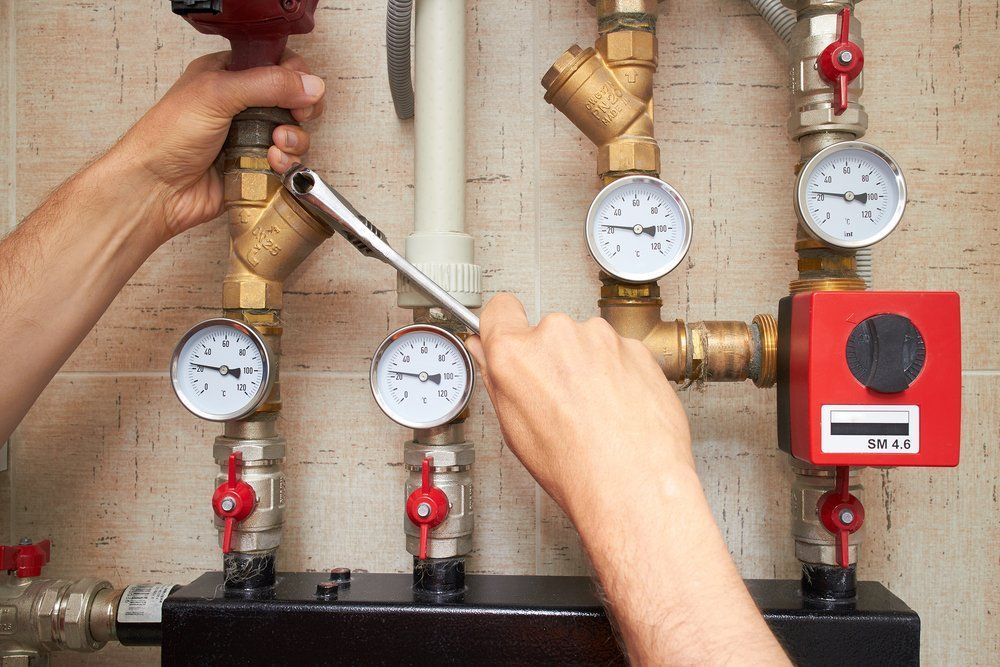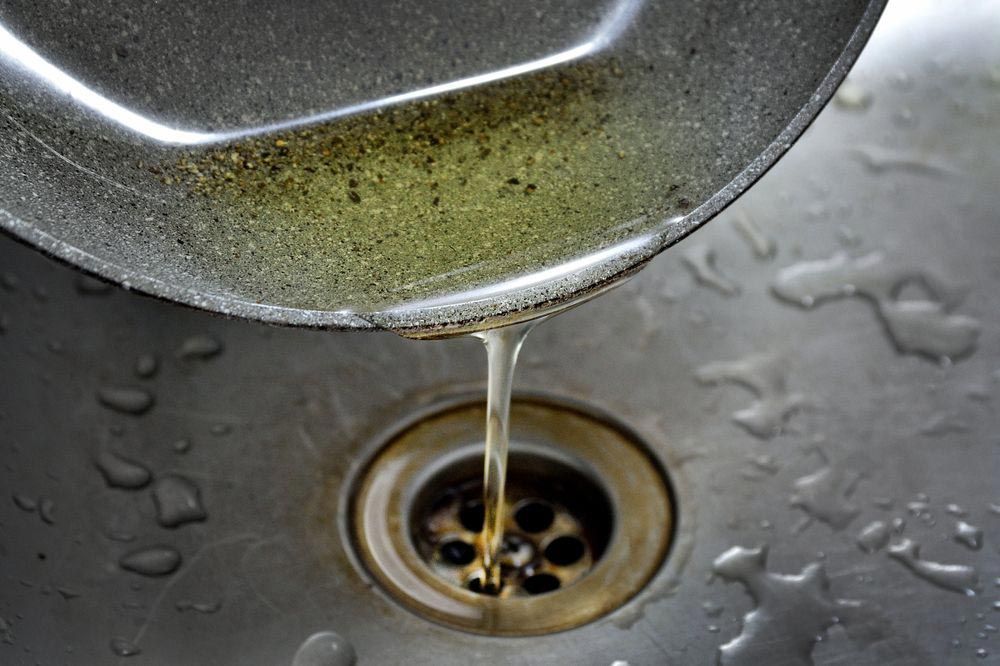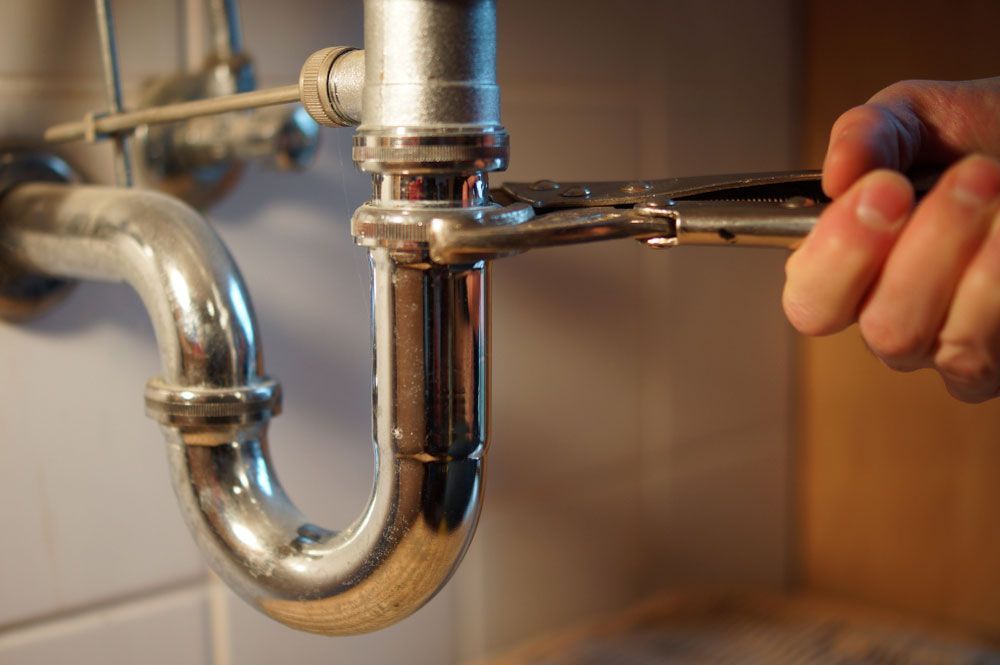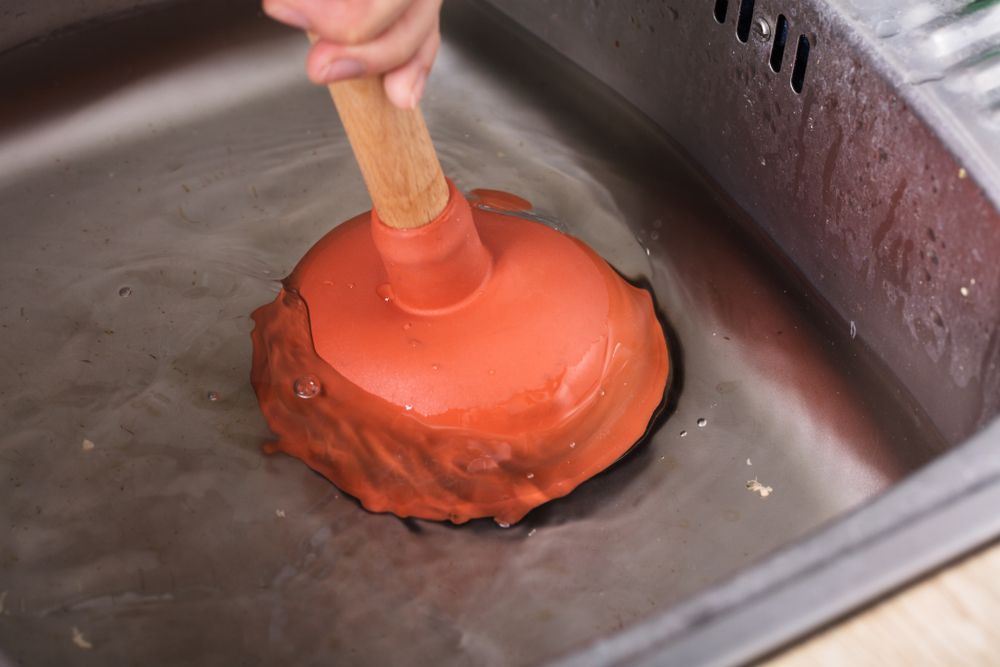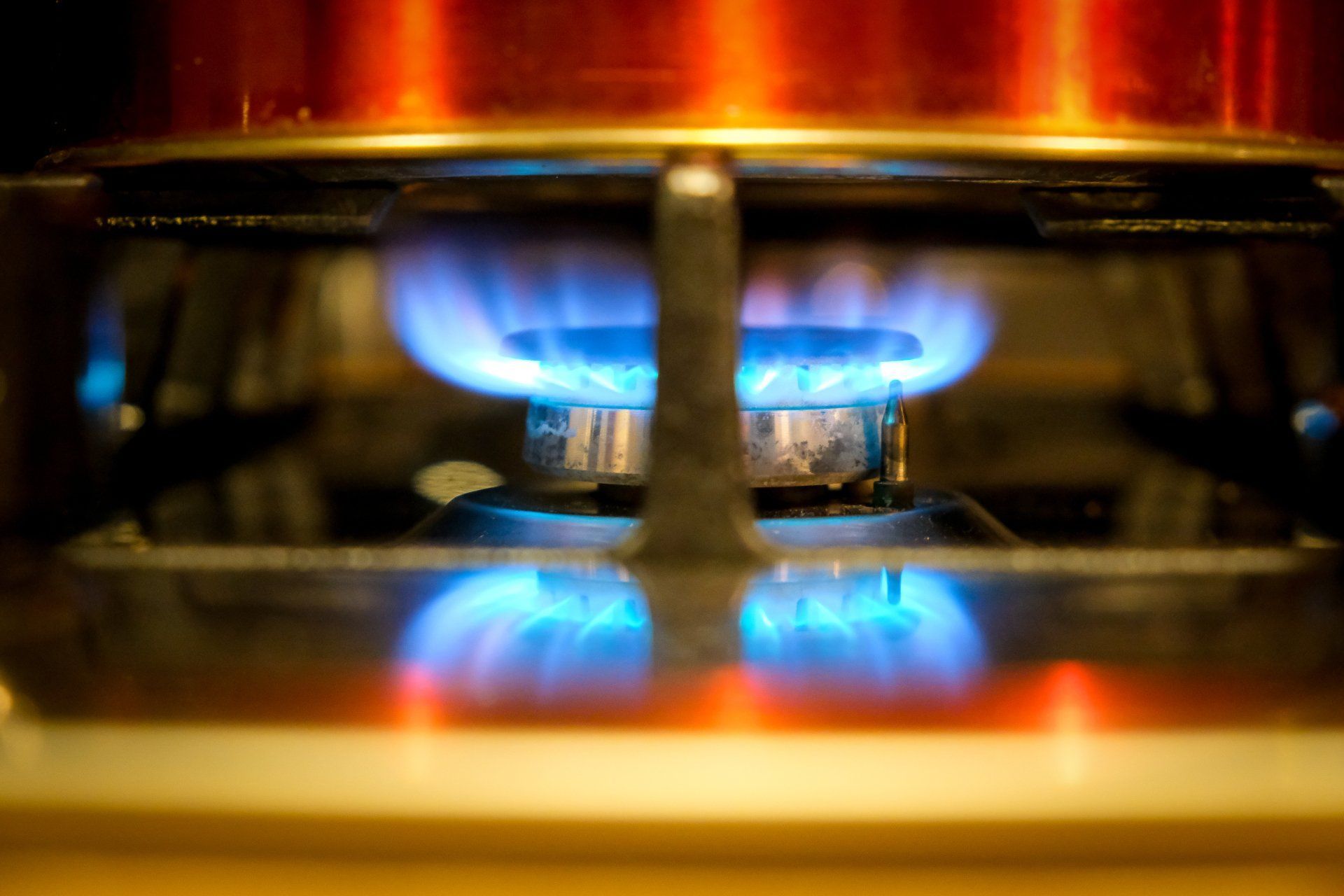Safeguarding Your Water Heater: Tips To Avoid Explosions
Water heaters are invaluable assets in any home, tirelessly working behind the scenes to provide hot water for baths, washing dishes and laundry. However, if not properly maintained, water heaters can pose serious safety risks. Notably, water heaters have the potential to explode under certain conditions. Sounds scary, right? The good news is, with regular care and some basic knowledge, you can easily prevent your water heater from posing such a risk.
The Science Behind Water Heaters
Understanding your water heater's functionality will make it easier to prevent any potential mishaps. Fundamentally, water heaters work under pressure. The thermostat regulates the temperature of the water and if it's faulty, the water may heat beyond the safe limit. This extreme heating causes a build-up of pressure which, if left unchecked, can lead to an explosion.
Key Steps To Prevent Water Heater Explosion
Here are some in-depth steps to maintain your water heater and prevent a dangerous scenario:
- Regular Maintenance
Just like your car or air conditioner, water heaters require routine check-ups and servicing to function effectively and safely. Experts recommend an annual maintenance check by a certified plumber. Regular maintenance will identify potential issues before they escalate into significant problems. - Pressure Relief Valve Inspection
A pressure relief valve, also known as a temperature and pressure relief valve (T&P valve), is a safety feature designed to release excess pressure if the water temperature or pressure gets too high. Regularly testing this valve is recommended. Ensure it releases a burst of hot water when lifted and settles back nicely. If not, it might need replacement. - Proper Thermostat Settings
Ideally, the thermostat should be set to a safe temperature, typically around 50 degrees Celsius. This temperature is warm enough for daily use and low enough to prevent the pressure from escalating to dangerous levels. - Regular Gas Leak Check
Gas leaks can be lethal. If you have a gas water heater, regular checks for gas leaks are recommended. A distinctive smell, often compared to rotten eggs, accompanies gas leaks. If you detect this smell, turn off the gas supply, evacuate your home and immediately call a professional. - Periodic Water Heater Flushing
Sediment build-up in the tank can affect your water heater's efficiency and lead to overheating. Flushing your water heater at least once a year by a professional will remove any sediment and ensure that your unit is heating water efficiently.
Recognising The Warning Signs
It's necessary to identify potential issues before they turn into major problems. Here are some early warning signs:
- Water Leaks: Water pooling around your heater indicates an internal failure that needs immediate attention.
- Rumbling Noises: Strange sounds from your water heater could be a sign of sediment buildup, causing overheating and abnormal pressure levels.
- Hot Water Inconsistencies: If your water isn't consistently hot or the temperature suddenly spikes, it could indicate a faulty thermostat.
Need Professional Assistance? Reach Out To Us Today!
At Nudges Plumbing, we're more than happy to assist you with all your plumbing needs. With the right expertise, we're committed to ensuring your water heater is functioning safely and efficiently. Contact us today, because when it comes to your safety, taking the right precautionary steps is important.

